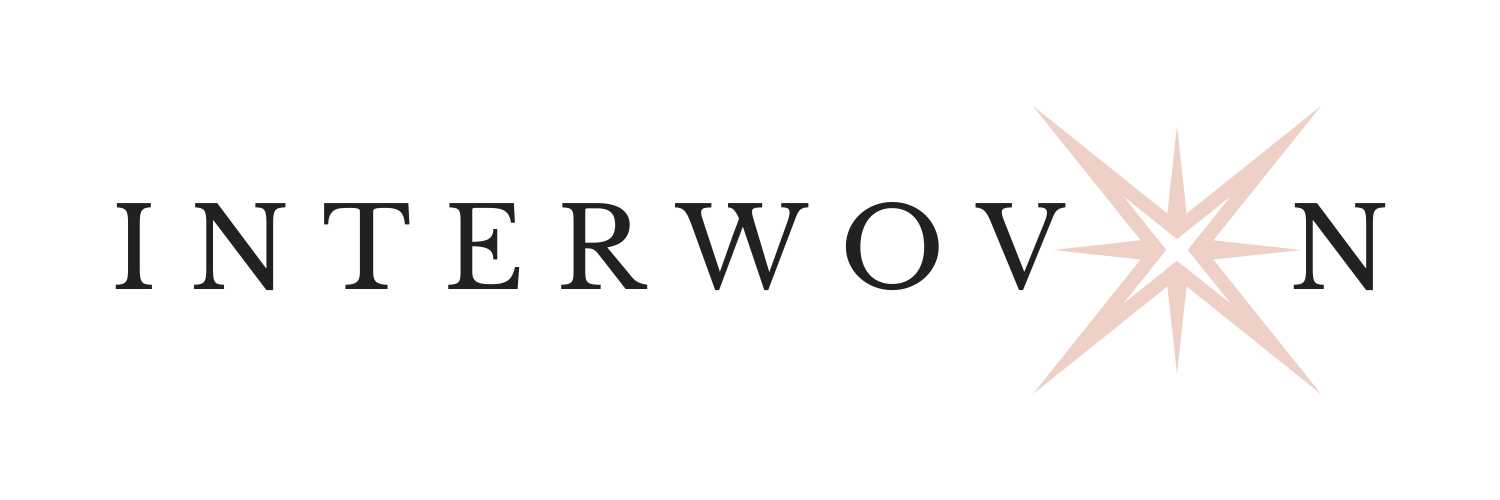the Inevitablity of Loss
In Episode 4 of this season, I talked with Caitlin Walsh, an Interwovxn board member and therapist specializing in therapy, anxiety, and grief. We have the shared experience of losing a parent to illness and the pain attached to that experience.
We may not want to acknowledge that death or caring for an ailing parent is on our timeline, but having some tough conversations now and making a plan can ease the transition when the time does come. There are resources and support to get started- we hope they help. ~Theresa
11 years ago my dad called to tell me he had been diagnosed with Stage 4 of a rare cancer. As terrifying as those words were to hear I had a difficult time attaching them to a scenario where I would lose my dad before we were all old together. This guy who had his first job at age seven re-setting the bowling pins and cleaning the bottle chute at the VFW; who hung from a helicopter’s rope ladder through the jungles of Vietnam while escaping a secret mission and jumped from countless helicopters straight down into unknown but certain danger; birthed babies during war; put himself through college; loved his family; shared his joy of live music, community gatherings, intimate parties with loved ones and good food; who worked so hard to provide a home and family experiences; who had finally built his dream home in the mountains of North Carolina while working at a company that gave him joy - that guy was going to get taken down by an unpronounceable deadly clusters of microscopic cells?
I traveled back and forth a lot in those first months following his diagnosis and my now husband and I decided to get hitched at the Asheville house. My parents planned and executed the perfect wedding within 4 months and my dad hosted another amazing party for friends and family. And he got to dance at my wedding.
I continued going back and forth but eventually decided to stay as we saw his health declining. I wanted to be there for my dad and also for my mom, providing whatever emotional, mental, and physical support I could. Never having gone through anything like this before, I, nor my parents, thought to plan for details like accounting and finances, legal matters, insurance and benefits, and the myriad other end of life considerations. We had lived “in the moment” up until this point and now we were too wrapped up in the shock and the day to day. There was a mental block. It was still unfathomable to think about “after”.
I had the great pain and privilege of being by my dad’s side through much of his battle and his final days to his last breath. It has been 10 years and I still grieve him. But I have learned over time that the grief I carry is the great love I had and have for him. Life became more vivid after his passing as my awareness and understanding of this gift expanded. As Caitlin said of her own experience in losing her mother, “part of my mom’s death has taught me to savor my daughter laughing or my cup of coffee in the morning. I think that those things are so much more important to me now so I try to pack those things in. Those things help me with grief.”
We may not want to acknowledge that death or caring for an ailing parent is on our timeline, but having some tough conversations now and making a plan can ease the transition when the time does come. My mom’s sisters swooped in and helped with clearing out and organizing and number crunching. I don’t know what we would have done without them. Thankfully this topic is becoming more approachable and several resources are out there to help facilitate planning or even just to get the conversation started (heard of Swedish Death Cleaning?). So, although it may feel like the hardest thing you’ve had to do and you would prefer to do it “at a later date”, we encourage you to take a look through the resources below to help get that ball rolling:
9 Types of Issues to Address When Helping Older Parents
Caring for a Parent with Cancer? Follow this Advice.
Helping Older Parents with Early Memory Loss Webinar
Preparing for the Death of a Parent in Practical Ways
7 Ways to Prepare for the Death of a Loved One
How Anticipatory Grief Differs From Grief After Death
My Parents Are Dead: What Now?
How to Deal with the Loss of a Parent: Psychologists’ Tips for Grieving

